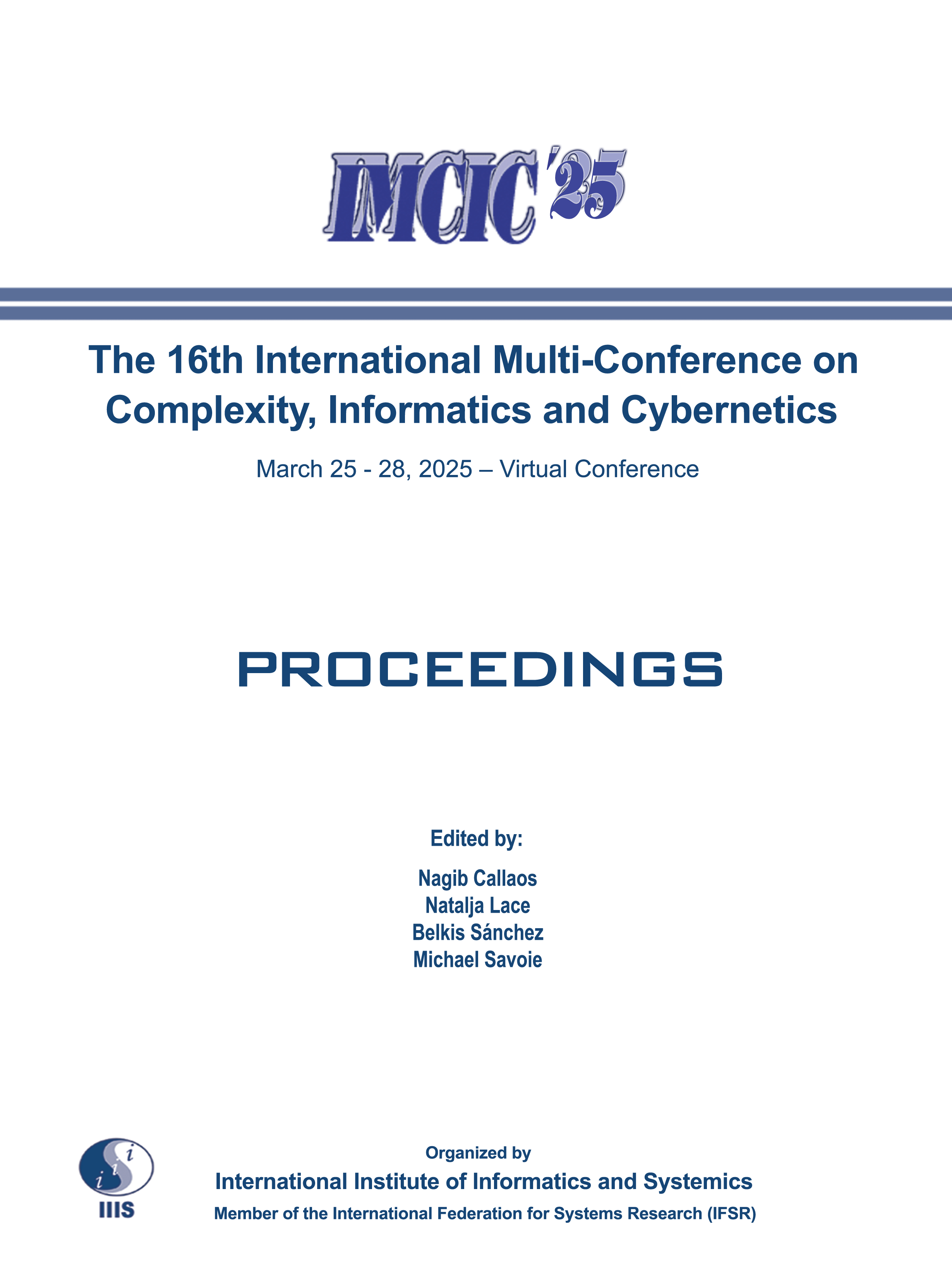2025 Spring Conferences Proceedings

|
Peat Resource Management and Climate Change Mitigation Issues – Case of Latvia
Anita Titova, Natalja Lace
Proceedings of the 16th International Multi-Conference on Complexity, Informatics and Cybernetics: IMCIC 2025, pp. 221-226 (2025); https://doi.org/10.54808/IMCIC2025.01.221
|
The 16th International Multi-Conference on Complexity, Informatics and Cybernetics: IMCIC 2025
Virtual Conference March 25 - 28, 2025 Proceedings of IMCIC 2025 ISSN: 2771-5914 (Print) ISBN (Volume): 978-1-950492-84-8 (Print) |
|
Abstract
Untouched peatlands serve two important functions: they are significant carbon reservoirs and biodiversity hotspots. Despite their ecological importance, the commercial use of peat is essential for many countries, including Latvia. This study aims to 1) identify the factors that influence the effective and environmentally friendly utilization of peat resources and 2) assess how these factors are integrated into national policy frameworks in Latvia.
Using a mixed-methods approach, the research begins with a qualitative content analysis of scientific literature, identifying nine key factors that impact peatland utilization: climate impact, legislation, incentives, dependency on peatland use, infrastructure, land ownership, local traditions, education, and research. Following this, an analysis of Latvian policy documents reveals a commitment to sustainable peatland management, including a phased ban on peat as an energy source by 2030. However, the findings indicate that while the factors are recognized, the mechanisms for optimizing their influence are partly unclear. This study highlights the need for further research to improve the effectiveness of peatland and peat utilization, especially at the firm, excavating and processing peat level. |
||




